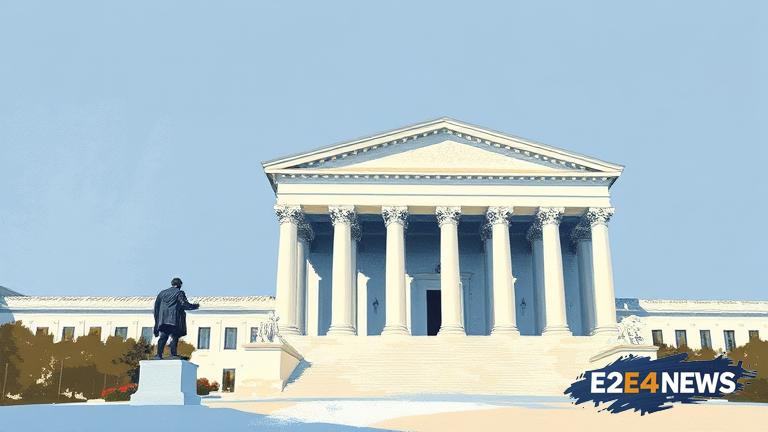Classical liberal constitutionalism, a political ideology that emphasizes individual rights, limited government, and the rule of law, has been a cornerstone of modern democracy. However, in recent years, it has become increasingly clear that this ideology has failed to deliver on its promises. Despite its emphasis on individual freedom, classical liberal constitutionalism has been unable to prevent the erosion of civil liberties and the rise of authoritarianism. The ideology’s focus on limited government has also been undermined by the growing power of the state and the increasing influence of special interest groups. Furthermore, the rule of law, a fundamental principle of classical liberal constitutionalism, has been compromised by the politicization of the judiciary and the manipulation of the legal system. The failure of classical liberal constitutionalism can be attributed to a number of factors, including the rise of neoliberalism, the growing wealth gap, and the increasing influence of globalization. Neoliberalism, with its emphasis on free markets and deregulation, has led to a decline in social welfare and an increase in economic inequality. The growing wealth gap has also contributed to the decline of classical liberal constitutionalism, as the wealthy have been able to use their influence to shape policy and undermine the rule of law. Globalization has also played a role, as the increasing interconnectedness of the world has led to a decline in national sovereignty and an increase in the power of international institutions. In addition, the failure of classical liberal constitutionalism can be attributed to its own internal contradictions. The ideology’s emphasis on individual rights, for example, has been used to justify the erosion of collective rights and the suppression of marginalized groups. The focus on limited government has also been used to justify the reduction of social services and the increase of military spending. The rule of law, meanwhile, has been used to justify the suppression of dissent and the persecution of minority groups. Despite these failures, classical liberal constitutionalism remains a dominant ideology in many parts of the world. However, its influence is waning, and alternative ideologies are beginning to emerge. Some have argued that a new form of constitutionalism, one that emphasizes social welfare, collective rights, and international cooperation, is needed to address the challenges of the 21st century. Others have argued that a more radical approach is needed, one that challenges the underlying assumptions of classical liberal constitutionalism and seeks to create a more just and equitable society. The debate over the future of classical liberal constitutionalism is ongoing, and its outcome is far from certain. However, one thing is clear: the ideology has failed to deliver on its promises, and a new approach is needed to address the challenges of the modern world. The implications of this failure are far-reaching, and will likely have a significant impact on the development of political ideology in the years to come. As the world continues to evolve and change, it is likely that new ideologies will emerge to challenge the dominance of classical liberal constitutionalism. The rise of populist movements, for example, has already begun to challenge the ideology’s emphasis on individual rights and limited government. The growing influence of international institutions, meanwhile, has begun to challenge the ideology’s emphasis on national sovereignty. The future of classical liberal constitutionalism is uncertain, and its decline will likely have significant implications for the development of political ideology in the years to come. In conclusion, the failure of classical liberal constitutionalism is a complex and multifaceted issue, with a range of causes and implications. While the ideology has been a cornerstone of modern democracy, its failure to deliver on its promises has led to a decline in its influence and effectiveness. As the world continues to evolve and change, it is likely that new ideologies will emerge to challenge the dominance of classical liberal constitutionalism, and a new approach will be needed to address the challenges of the 21st century.
